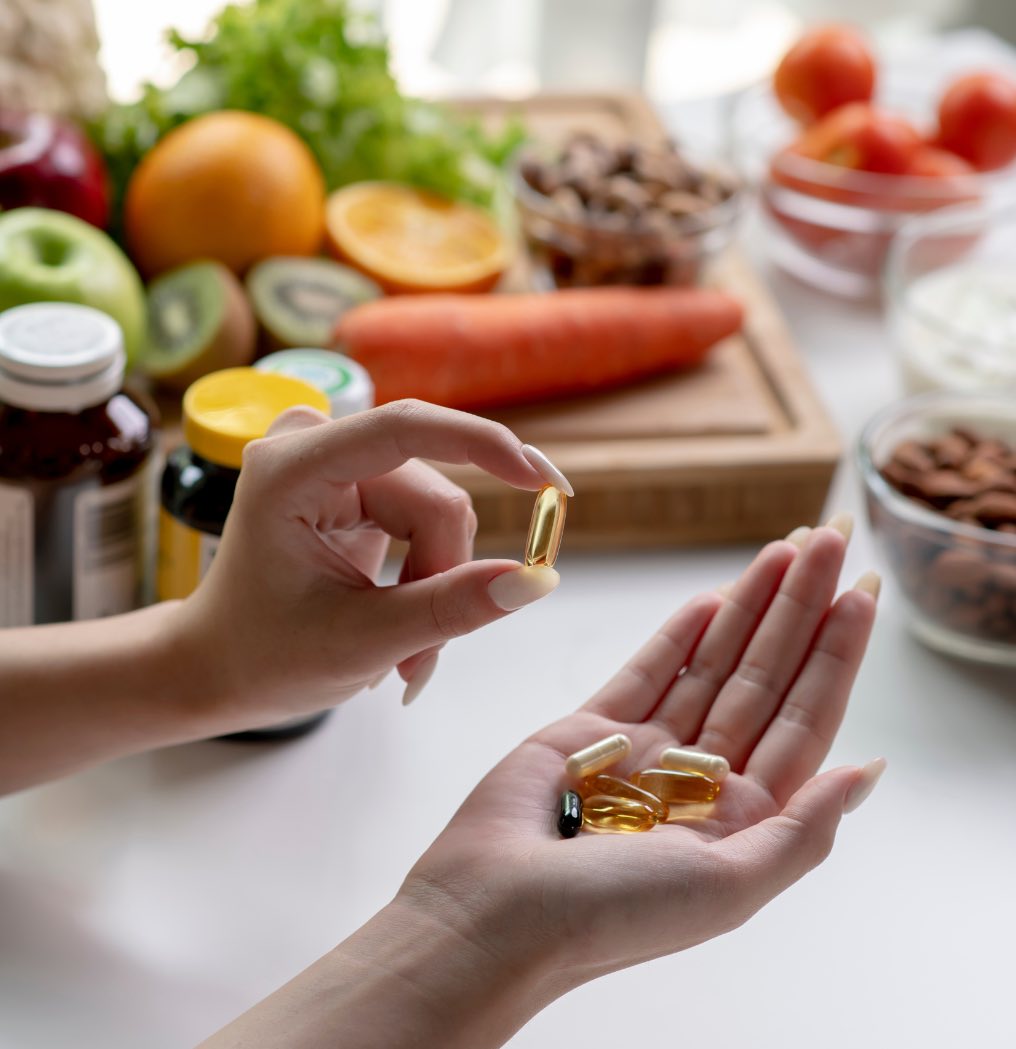Looking for ways to ease the symptoms of endometriosis? Look no further than your cup of tea! In this blog post, we’ll explore the benefits of incorporating herbal teas and infusions into your diet to help manage the symptoms of endometriosis.
As a Geneva-based nutritionist specialising in women’s health, I’ve seen first-hand the positive impact that nutrition can have on the management of endometriosis. While there is no single approach to managing this condition, incorporating certain foods and drinks into your diet can certainly help.
Have you ever considered treating your symptoms with the benefits of certain herbal teas?
Today, we’re going to explore the different properties of herbs that can help relieve the pain, bleeding and other symptoms associated with endometriosis.
But before we start, it’s important to remember the importance of consulting a nutritionist specialising in endometriosis to adapt your diet to your health: that’s why I can help you manage this condition.
Teas to relieve pain and spasms
Ginger: Ginger is a natural anti-inflammatory and can help relieve menstrual pain. Prepare an infusion of fresh ginger to benefit from this.
Chamomile: thanks to its antispasmodic properties, chamomile can help relieve menstrual cramps. Brew dried chamomile flowers for a few minutes and enjoy this delicious tea.
Peppermint: Peppermint is known for its antispasmodic properties. It can also help reduce nausea. Prepare an infusion of peppermint to relieve menstrual pain.
Cinnamon: Cinnamon is a spice that contains anti-inflammatory and antioxidant compounds, such as flavonoids and polyphenols. These properties can help reduce the inflammation and pain associated with endometriosis. Studies have also shown that cinnamon can help regulate blood sugar levels, which may be useful for people with endometriosis who also have polycystic ovary syndrome (PCOS)
Turmeric: Turmeric is a spice that contains an active compound called curcumin, which has anti-inflammatory and antioxidant properties. These properties can help reduce the inflammation and pain associated with endometriosis. Studies have also shown that turmeric can help regulate hormone levels.
Fennel: Fennel is a plant that contains anti-inflammatory and antioxidant compounds, such as flavonoids and polyphenols. These properties can help reduce the inflammation and pain associated with endometriosis. Fennel also has antispasmodic properties, which can help reduce menstrual cramps. It’s important to note that fennel can have oestrogenic effects and may not be suitable for everyone with endometriosis, particularly those with high levels of oestrogen.
That’s it for my recommendations for herbal teas and infusions to relieve endometriosis symptoms and balance hormones. But don’t forget, it’s important to consult an endometriosis specialist to adjust your diet according to your specific needs.
For more information on how to manage endometriosis, visit my specialist site. Take care of yourself and your feminine health!
👩🏼⚕️ Lucrezia, qualified and ASCA-accredited nutritionist.
🌱 I help you rediscover a healthy relationship with food
🎗 Endometriosis & PCOS specialist
📍Geneva
📅 Visit OneDoc.ch


